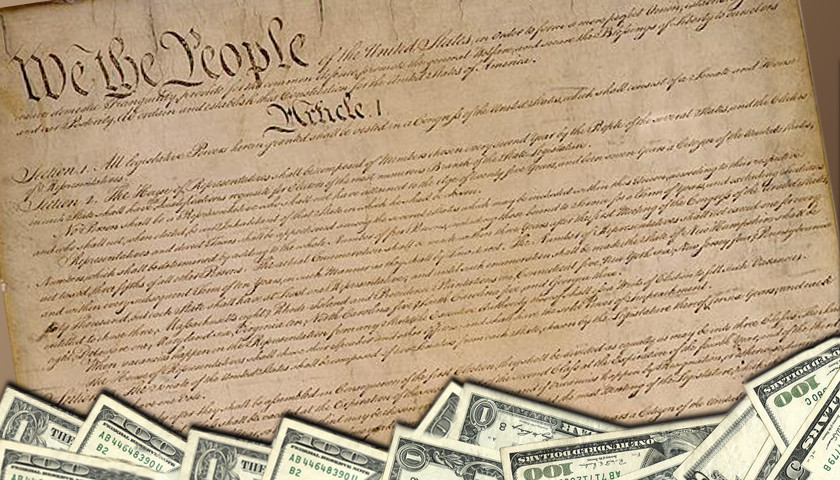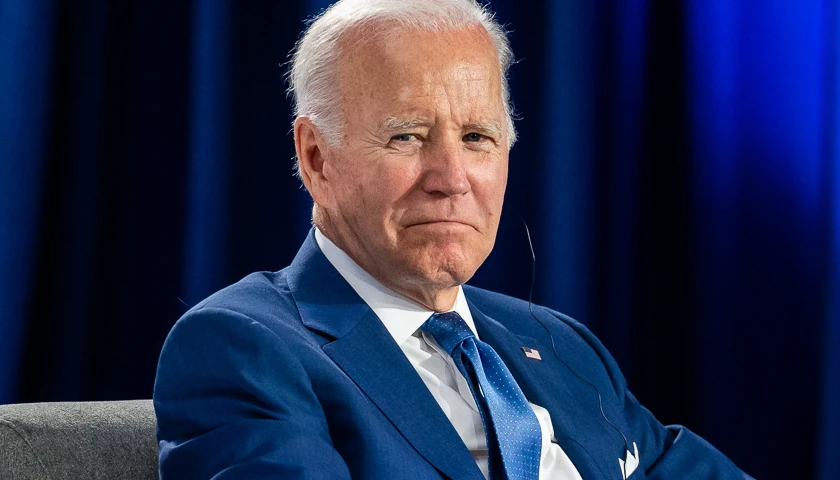In its Article I, Section 8, Clause 5, the United States Constitution provides: “The Congress shall have Power…To coin Money, [and] regulate the Value thereof….”
And since the Constitution’s drafting in the year 1787, cash has played a vital role in the nation’s economy as the generally-accepted medium of exchange. Barter still exists, but on a relatively limited basis and, although there has been chatter for decades about America one day becoming a completely “cashless” society, that day has yet to arrive.
In modern times, there are, of course, multiple methods of payment for goods and services as well as to pay down debt in installments — or to completely extinguish it in one fell swoop. In addition to cash, there are checks, credit cards, electronic money transfers and other means of payment.
Pursuant to the above-quoted provision from the U.S. Constitution, Congress enacted the Coinage Act of 1965 (last amended by two bills approved by the 97th Congress in Public Laws Nos. 97-258 and 97-452; the 1965 Act is the successor to the Coinage Act of 1792 as well as the Coinage Act of 1873). The 1965 version includes Title 31 United States Code Subchapter 5103 which, from 1983 to present, has read: “United States coins and currency (including Federal reserve notes and circulating notes of Federal reserve banks and national banks) are legal tender for all debts, public charges, taxes, and dues. Foreign gold or silver coins are not legal tender for debts.”
On any denomination of present-day U.S. paper currency, up to and including the $100 bill, there is a thundering inscription appearing in all-caps: “THIS NOTE IS LEGAL TENDER FOR ALL DEBTS, PUBLIC AND PRIVATE” but neither that inscription nor the above-quoted 31 U.S.C. 5103 actually require creditors to accept cash as payment. Indeed, no federal law presently on the books imposes such a requirement.
With respect to coinage and currency, the U.S. Constitution generally suggests federal supremacy. The Constitution’s Article I, Section 10 forbids states to “coin Money”. It goes on to prohibit states from making “any Thing but gold and silver Coin a Tender in Payment of Debts”.
Under these Constitutional constraints, states may, if they choose, enact laws generally requiring the acceptance of cash (whether paper or metallic) for payment of debt — where federal law is silent — and the website of the U.S. Department of the Treasury proclaims that creditors are free to develop “policies on whether or not to accept cash unless there is a State law which says otherwise.”
For example, according to the website expertlaw.com, “in California a landlord’s refusal to accept cash payment of rent may cause the payment to be deemed excused.”
So, Americans are left today with a somewhat confusing message. While your U.S. paper dollar notes boldly proclaim that they are legal tender “for all debts public and private” — unless your state’s law requires the acceptance of cash, a creditor is legally quite free to tell you “no cash” and to insist upon some other form of payment from you.
Unfavorable treatment of cash appears to be growing. Some banks currently require customers to show some form of photo ID if making a cash deposit to their accounts while no such demand is made upon customers if they deposit a check or money order into such an account. Upon questioning, the justification offered by banks is that they are trying to stem the flow of “drug money” making its way into the nation’s economy and that if the person standing before them fails to produce a valid photo ID, or if the name on that photo ID differs from the name(s) associated with the account, the bank simply refuses the cash. Such a business practice is nothing more than the internal policy of the individual financial institution, and is not imposed by current federal or state law.
– – –
With his decade of work (1982-1992) to gain the 27th Amendment’s incorporation into the U.S. Constitution, Gregory Watson of Texas is an internationally-recognized authority on the process by which the federal Constitution is amended.





